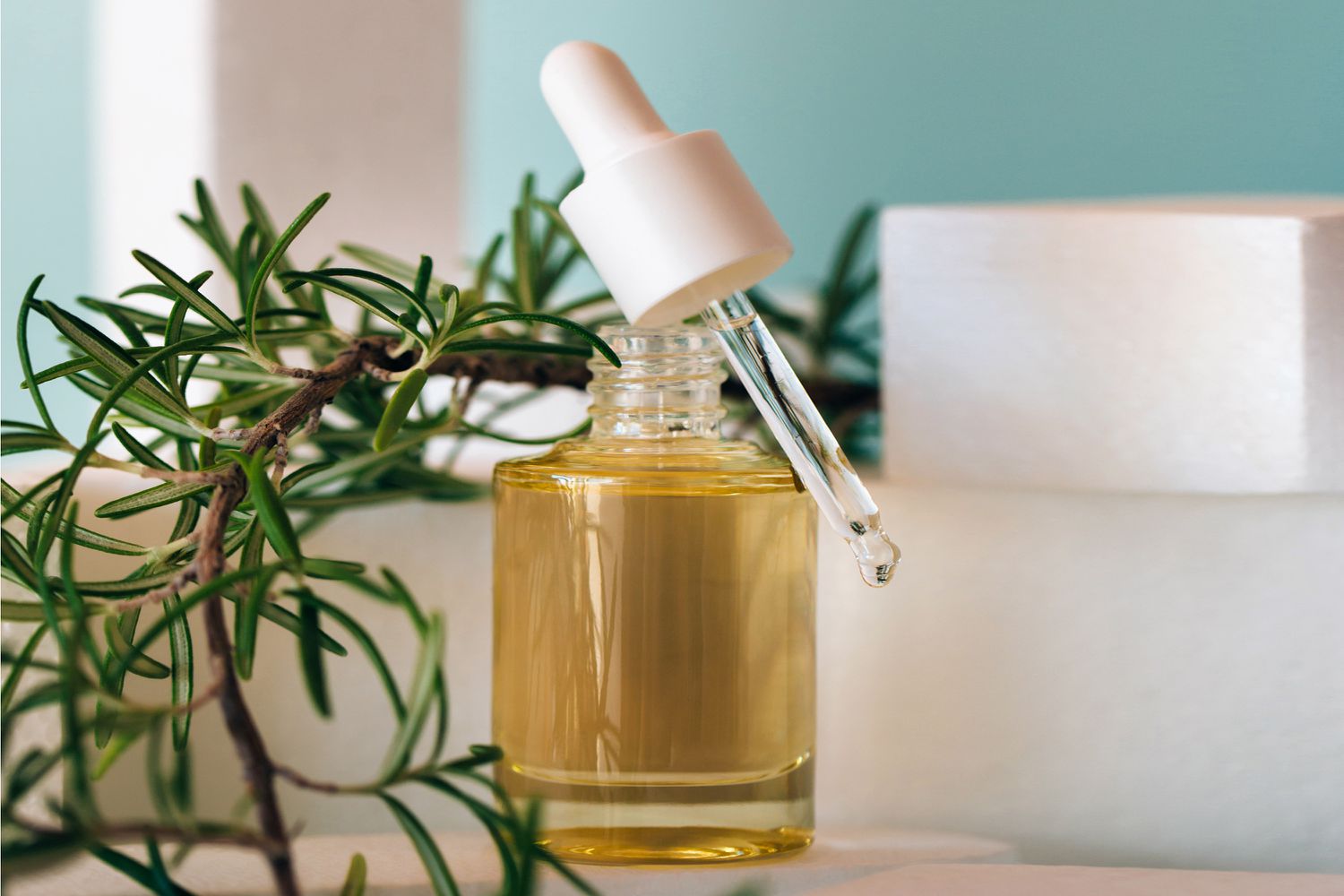Rosemary oil has gained immense popularity as a natural remedy for hair growth, scalp health, and overall hair nourishment. Known for its anti-inflammatory, antimicrobial, and circulation-boosting properties, rosemary oil has been compared to minoxidil in scientific studies for its effectiveness in promoting hair regrowth. However, using rosemary oil in its undiluted form can cause irritation, dryness, or allergic reactions. To reap its benefits safely, dilution is essential. This guide explores the best ways to dilute rosemary oil, expert insights from dermatologists, and additional tips for maximizing its effects.
Understanding the Need for Dilution
Essential oils, including rosemary oil, are highly concentrated plant extracts. Direct application to the scalp can lead to adverse reactions such as redness, irritation, and even chemical burns in sensitive individuals. Diluting rosemary oil with a carrier oil ensures safer application while maintaining its potency. Carrier oils help distribute the essential oil evenly, allowing for better absorption and minimizing any potential side effects.
Choosing the Right Carrier Oil

Selecting an appropriate carrier oil is crucial for achieving the best results. Popular options include coconut oil, jojoba oil, castor oil, argan oil, and olive oil. Each carrier oil offers additional benefits for hair health. For example, coconut oil penetrates deeply into the hair shaft, providing hydration and protection against protein loss. Jojoba oil closely resembles the scalp’s natural sebum, making it an excellent option for those with oily or sensitive skin. Castor oil is known for its ability to thicken and strengthen hair, while argan oil is packed with antioxidants that promote shine and reduce frizz.
Ideal Dilution Ratios
The standard dilution ratio for rosemary oil in hair care is typically 2-5%. This means adding 2-5 drops of rosemary essential oil per teaspoon (5 mL) of carrier oil. Beginners or individuals with sensitive scalps should start with a 2% dilution, which equates to about 12 drops per ounce (30 mL) of carrier oil. For those looking for a stronger formulation, a 5% dilution (30 drops per ounce of carrier oil) can be used.
To prepare a diluted rosemary oil mixture, follow these steps:
- Choose a clean glass bottle or container to store the mixture.
- Measure the desired amount of carrier oil and pour it into the bottle.
- Add the appropriate number of drops of rosemary oil based on the chosen dilution ratio.
- Close the bottle and shake well to mix the oils thoroughly.
- Store in a cool, dark place to maintain potency.
Application Methods for Maximum Benefits

Applying diluted rosemary oil correctly can enhance its effectiveness. The most common methods include scalp massage, hair mask treatments, and adding it to shampoos or conditioners.
- Scalp Massage: Massaging diluted rosemary oil into the scalp stimulates blood circulation, allowing nutrients to reach the hair follicles. To apply, take a few drops of the diluted mixture and gently massage it into the scalp using circular motions. Leave it on for at least 30 minutes or overnight for deeper penetration before rinsing with a mild shampoo.
- Hair Mask Treatment: For an intensive hair treatment, mix diluted rosemary oil with other beneficial ingredients such as aloe vera, honey, or egg yolk. Apply the mask evenly to the scalp and hair, leave it on for 20-30 minutes, and rinse thoroughly.
- Adding to Shampoo or Conditioner: Incorporating rosemary oil into daily hair care products provides consistent benefits. Add a few drops to your shampoo or conditioner, mix well, and use as usual.
Expert Insights from Dermatologists
According to Dr. Muneeb Shah, a board-certified dermatologist in the USA, rosemary oil is a promising natural remedy for hair loss. “Studies have shown that rosemary oil can improve hair thickness and density by increasing circulation to the scalp and reducing inflammation,” he explains. However, he emphasizes the importance of dilution to avoid irritation.
Dr. Aisha Siddiqui, a dermatologist from Pakistan, also supports the use of rosemary oil for hair care. “Rosemary oil has strong antimicrobial and antifungal properties, which can help combat dandruff and scalp infections. However, it should always be used with a carrier oil to prevent adverse reactions,” she advises.
Precautions and Potential Side Effects
While rosemary oil is generally safe, some individuals may experience sensitivity. It is advisable to perform a patch test before full application. To do this, apply a small amount of the diluted mixture to a patch of skin and wait 24 hours to check for any reactions such as redness, itching, or irritation. Pregnant or breastfeeding women and individuals with medical conditions should consult a healthcare provider before using essential oils.
Conclusion
Diluting rosemary oil correctly is the key to harnessing its powerful benefits without the risk of irritation. By selecting the right carrier oil, following recommended dilution ratios, and applying it consistently, individuals can promote healthier, stronger hair naturally. With insights from dermatologists and scientific backing, rosemary oil remains a top choice for those seeking a holistic approach to hair care. Whether used in scalp massages, hair masks, or daily shampoos, its benefits are undeniable when used safely and effectively.
